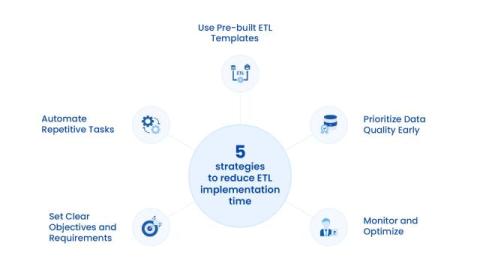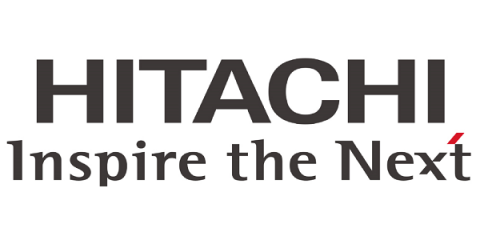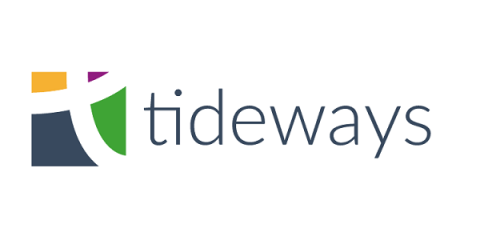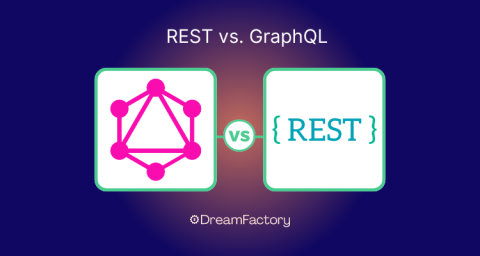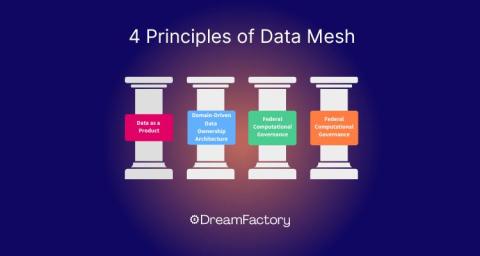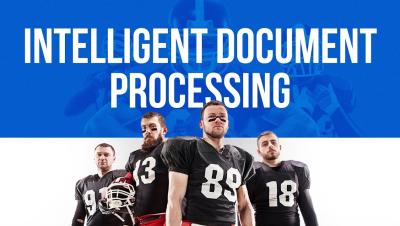5 Strategies to Reduce ETL Project Implementation Time for Businesses
Picture this: You are part of a BI team at a global garment manufacturer with dozens of factories, warehouses, and stores worldwide. Your team is tasked with extracting insights from company data. You begin the ETL (Extract, Transform, Load) process but find yourself struggling with the manual effort of understanding table structures and revisiting and modifying pipelines due to ongoing changes in data sources or business requirements.


